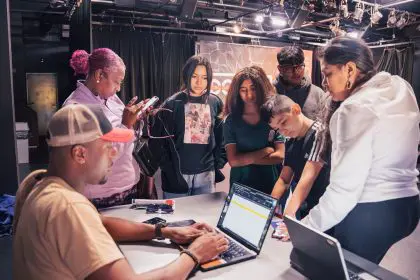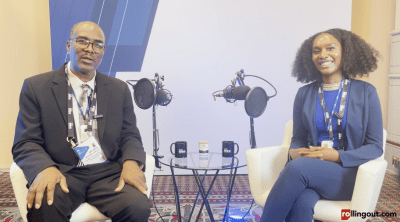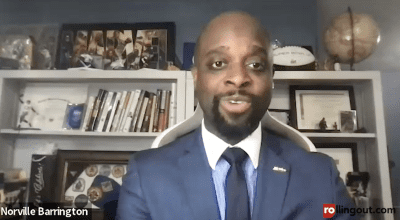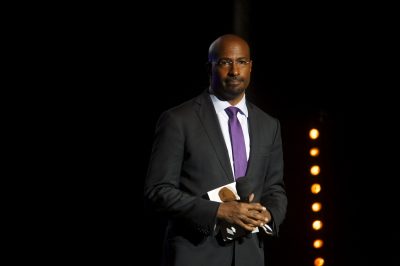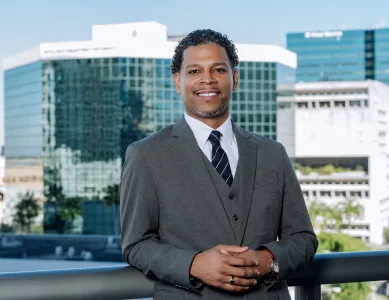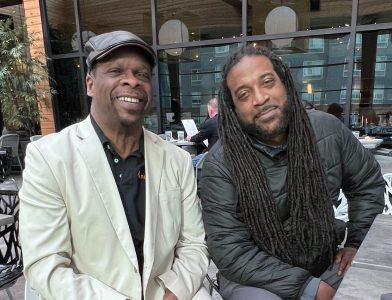
With the cultural force of hip-hop as their tool to inspire youth, entertainment industry veterans Tamekia Flowers-Holland, founder and executive director; and Tanisha Tate, program director; spearhead the nonprofit, Hip-Hop 4 Life. The organization, which launched in 2003, provides year-round mentoring, weekly interactive life skills and health workshops, college and career planning and more to empower youth. Rolling Out spoke with the co-founders to learn how they are using hip-hop to connect with today’s generation.
There are several controversial hip-hop brands and celebrities. How do you determine which ones you partner with so that the message is effective?
Tamekia Flowers-Holland: We ensure that they are not only relevant to young people but promote positivity and coincide with our mission. Additionally, we identify celebrities who may have encountered some adversities throughout their life but have overcome those to achieve their definition of success. These stories sometimes mirror the lives of the young people we serve, so we want them to see [that] success is indeed attainable.
How does your organization manage some of the contradictions and mixed messages that are prevalent within mainstream hip-hop while maintaining hip-hop as part of your identity and marketing efforts?
Flowers-Holland: Our first program club, Shades of Beauty was founded on the objective of combating negative images and messages of women in music and media. We address the lyrics in songs, analyze some of the behaviors of the artists and discuss what impact it has on them and on the youth. We educate the youth on the history of hip-hop and expose them to the different eras of the culture so they can learn just how creative the music and culture is and how much variety is out there.
How do you keep participants engaged so that you have high retention numbers?
Tanisha Tate: We have created a platform where it is very interactive for teens to learn about how to combat the pressing issues that they face every day. We expose the teens to different careers and professions by bringing them to have one-on-one discussions with top corporate executives in their offices. We teach them the importance of giving back to their communities by having the teens paint the walls of a rundown school, serve food to the homeless and help low-income middle school students make Mother’s Day cards.

